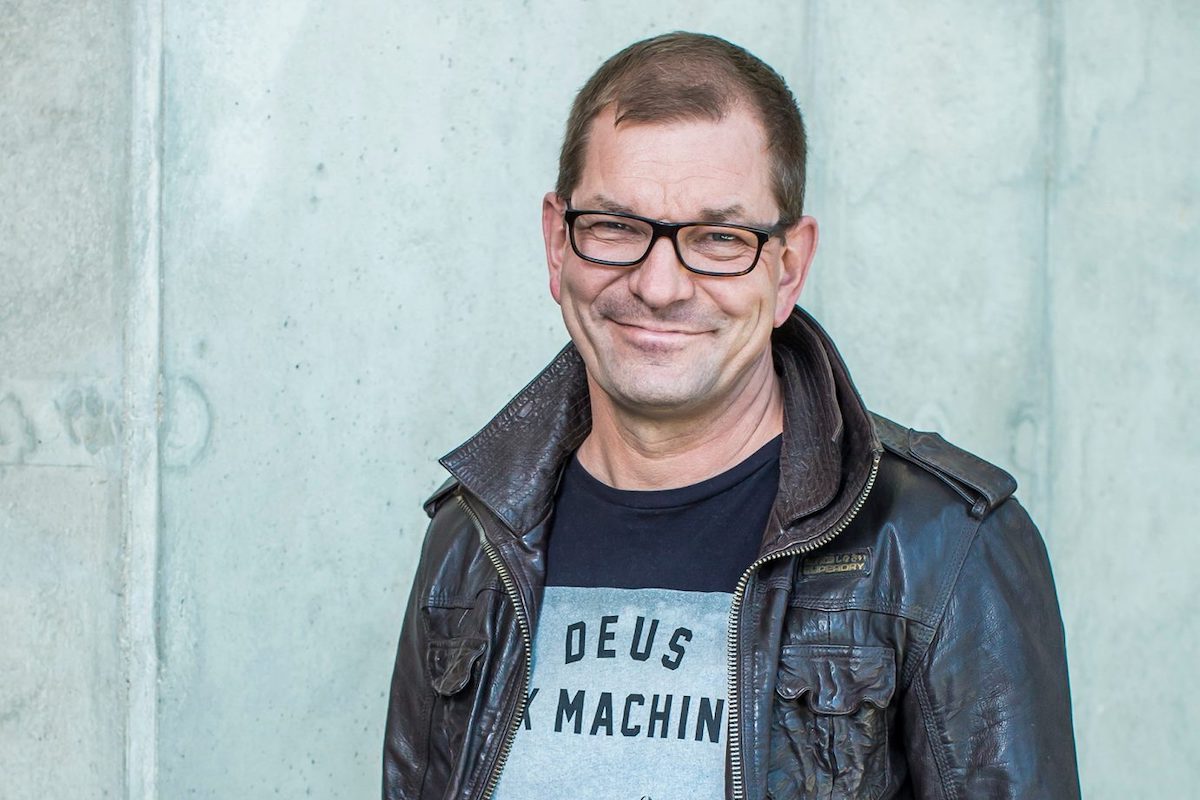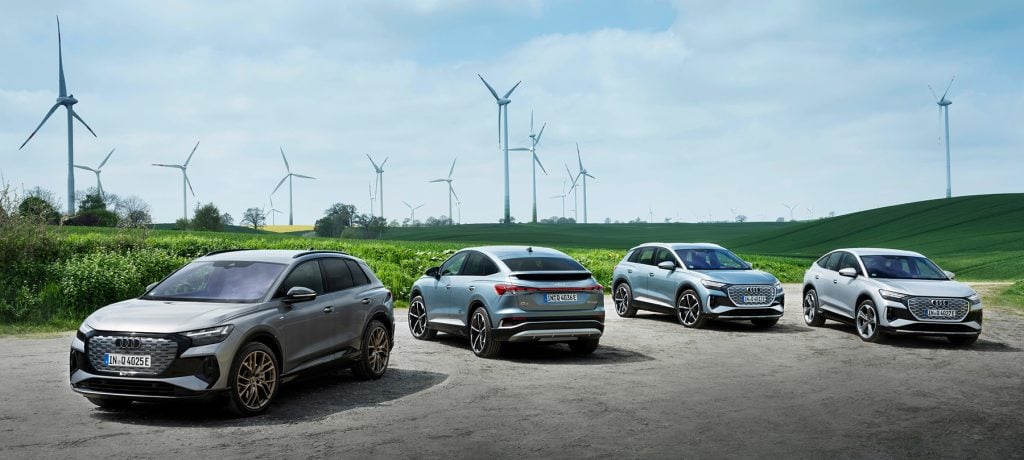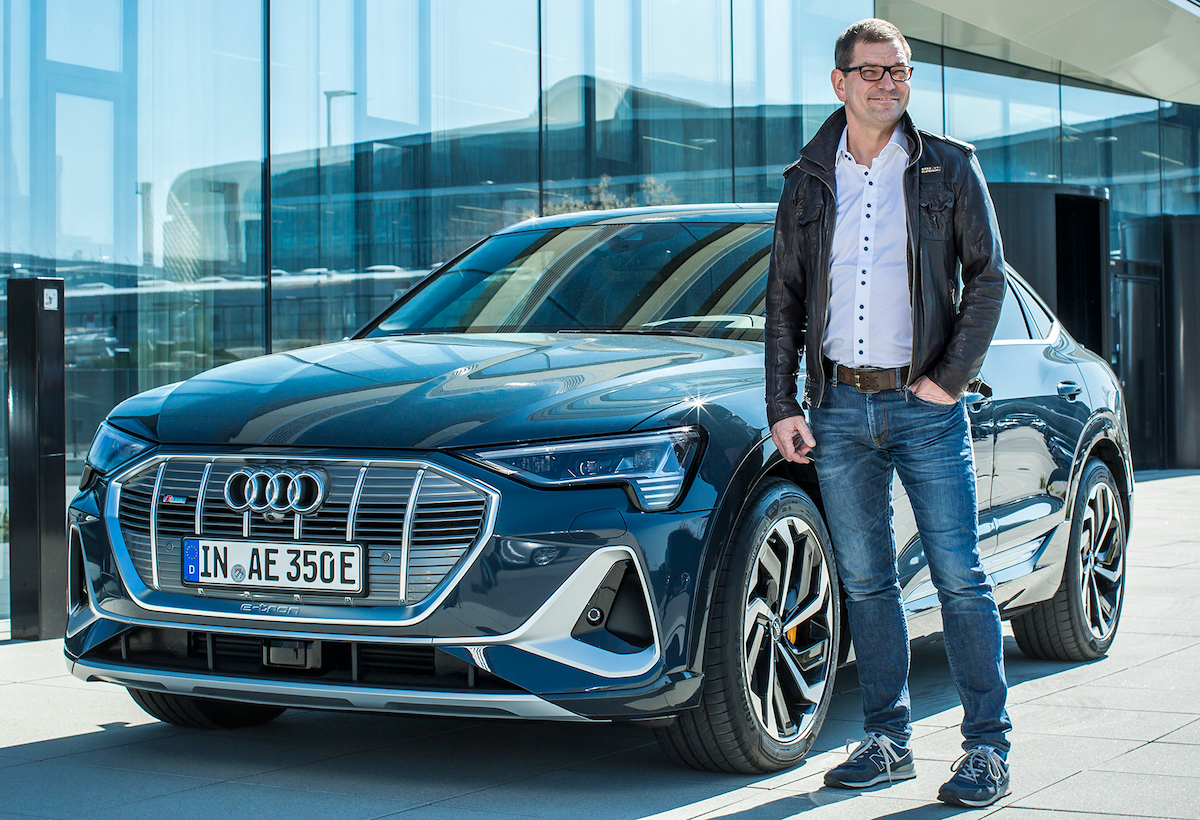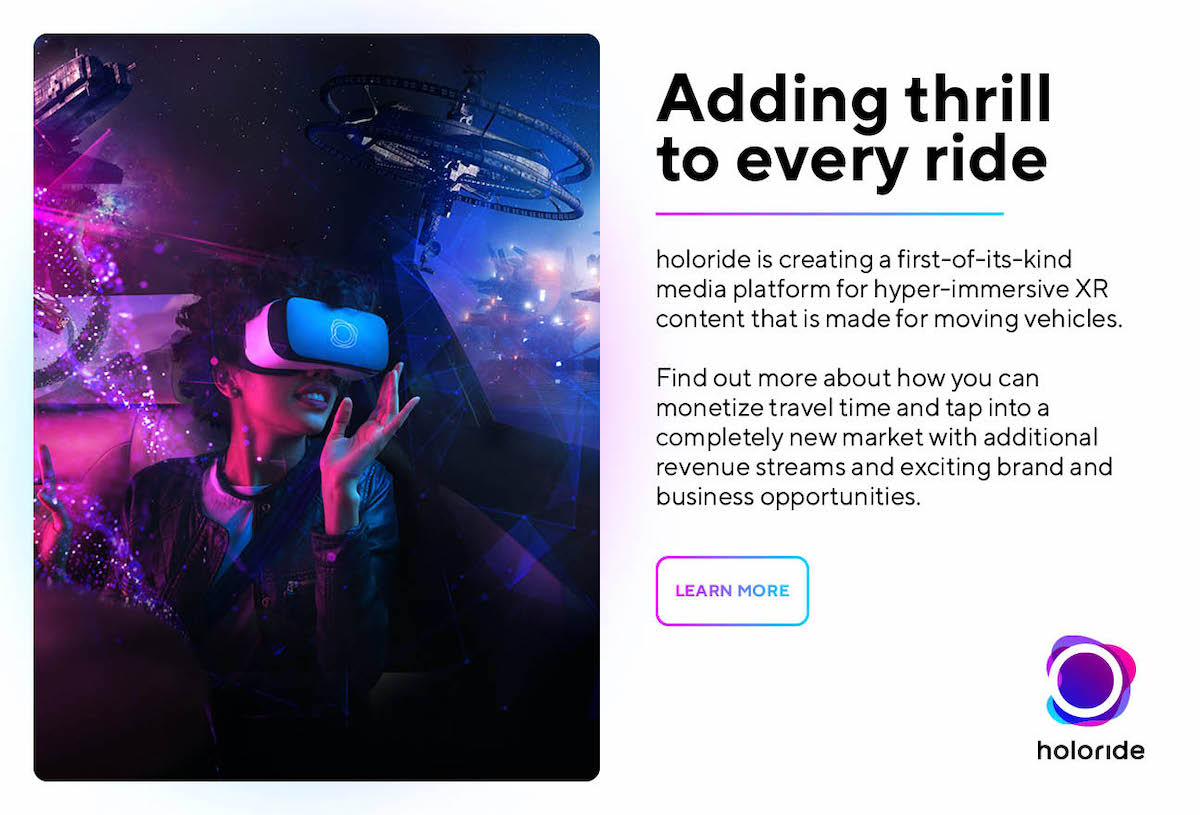For someone who has loved cars since childhood, working at Audi flies way up there in the realm of dream jobs. That is certainly the case for Markus Duesmann, for whom taking up the position of Chair and CEO at the luxury car manufacturer has been the pinnacle of three decades of working in the automotive industry.

Audi held particular appeal for Markus because of its prestige and the respect it commanded within the industry. With its slogan ‘Vorsprung durch Technik’ meaning ‘advancing through technology’, the company has long led the curve in terms of innovation. “There were years where the whole industry was in awe of the performance and the spirit within Audi,” he tells The CEO Magazine. “Audi was always aggressive and trying new things. Look at the R8, the TT, A5, A7 – these were all cars that defined a new segment.”

“We are creating the future of mobility; what it looks like, how sustainable it will be and how much freedom our customers will have using our cars.”
Known for pushing technical limits, Audi pioneered lightweight technology with aluminium space frames. It is this leading edge that Markus is keen to reignite. “I was excited about getting that momentum back or producing new momentum, and by developing the company further,” he shares. He was also very impressed by Herbert Diess, the Chair of Volkswagen Group, which now fully owns Audi. “He has a very good plan for Volkswagen and, under this umbrella of Volkswagen, developing Audi to where it should be.”
However, the timing was less than ideal. Markus took the helm in April 2020, right in the throes of COVID-19. Starting a new job during a pandemic brings with it a unique series of challenges. “It was not just a tough year, it was a very tough year,” he admits. “We had to handle the crisis, we had to develop Audi, we had to set up a new portfolio of cars and work on a thousand fronts.”
But those clouds came with silver linings too, such as the opportunity to overhaul the automotive company as part of a wider transformation of the entire industry. “It is the most interesting time ever for the automotive industry because the automotive business is in transformation mode,” he points out. “If you think ahead, if you want to change things, if you want to develop a company, that’s a fantastic thing. So driving this change and making Audi more flexible to react to this change is really what drives me.

“We are creating the future of mobility, what it looks like, or how it will look, how sustainable it will be and how much freedom our customers will have using our cars.”
The pandemic also gave Markus the chance to witness the strength of the Audi team spirit in action. “It’s a very strong team – very problem-solving oriented but on the other hand, also very strategic and entrepreneurial,” he says. “I really liked the way we focused on doing new things, trying new things and helping each other.”
To ensure it continued to connect with its customers, the company devised a new digital format that would enable them to experience its cars remotely. It also upgraded its software set-up with the implementation of CARIAD, a group-wide software unit bundling the know-how of all brands within the Volkswagen Group.
In terms of his own leadership style, the situation presented Markus with a chance to re-examine his strengths and evolve in a new direction. “Before the crisis, I thought speaking to people face to face or to a crowd was my biggest strength, so at first, I felt really bad because it seems that my strongest weapon was taken away,” he reveals. “But we developed formats and used digital tools so that people could see who I am, what I am and how I think, without meeting me. And that worked really well.”
Overall, he believes that Audi has come out of the crisis in a better position, although he admits that sourcing microprocessors remains difficult due to supply chain issues resulting from the pandemic. “Apart from that, I would say we are really strong,” he says, highlighting the company’s big ambitions going forward.

“Technology moves so fast, so we have to be at the forefront. Otherwise we will lose.”
When Markus came on board, there was already a plan to electrify Audi’s portfolio, focus on the customer and push digitalisation. “So what we did in our new strategy, Vorsprung 2030, was to make it very precise, car by car, segment by segment, exactly how we wanted to do it, what platform we would use, what performance we expected, how we wanted to develop our customer base and how we wanted to bind customers to our brand,” he explains. “That’s all part of our new strategy and defines our way through the transformation.”
Markus is confident this approach will push Audi way ahead of its competition. “The whole European industry was not at the forefront of digitalisation,” he reflects. “We were far forward, and we thought that was OK, but it’s not. Technology moves so fast, so we have to be at the forefront. Otherwise we will lose.”



